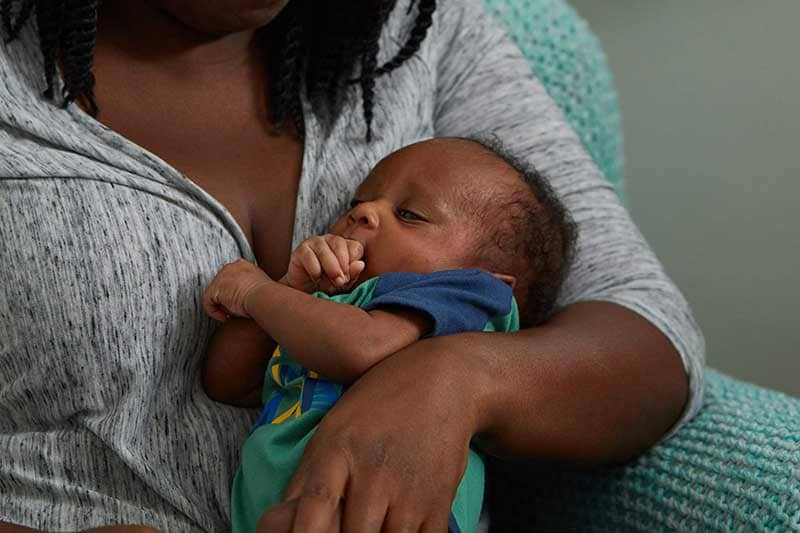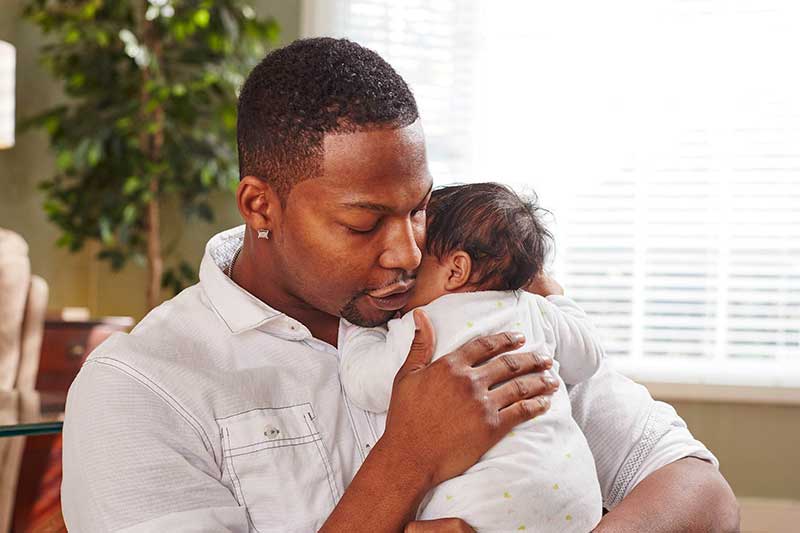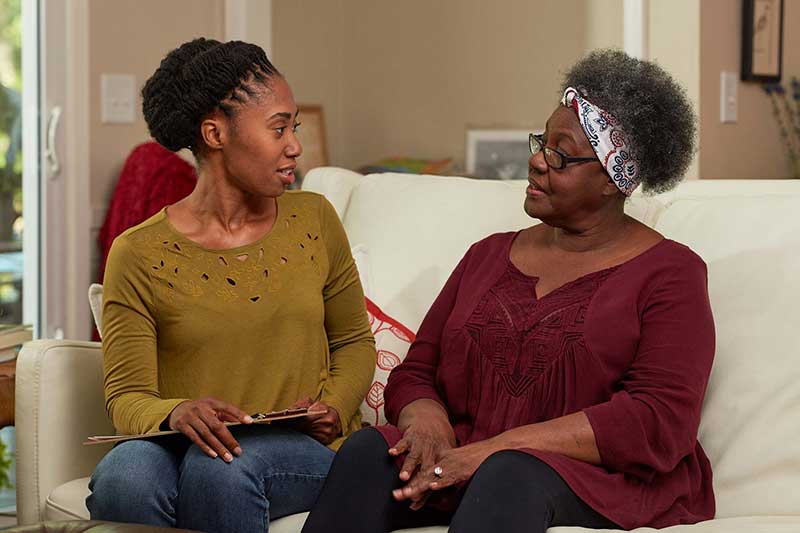3 Things Your Baby's Caregiver Needs to Know
Whether you're returning to work or simply need to run an errand alone, the time will come when you have to rely on someone else to care for your baby. Help your child care provider get to know your baby better (and quicker) with these three important pieces of information.
In this article:

1. Your baby’s hunger and fullness cues
Every baby is different, so, even if your caregiver has cared for dozens of babies, it’s helpful for everyone if you let her know ahead of time how your baby tells you if he’s hungry or full.
In addition to sharing your baby’s hunger and fullness cues, it’s important to let your caregiver know:
- It’s OK if your baby isn’t fed on a strict schedule. What’s more important is that he feeds only when he’s hungry.
- Respecting your baby’s hunger and fullness cues is more important than discarding a little breastmilk or formula. If you’re worried about wasting that “liquid gold” (we know you don’t pump at work just for fun) or pricey formula, consider leaving smaller bottles (with 2 to 3 ounces) and setting aside extra breastmilk in a separate container in case he is still hungry.
- You do not want your baby to be fed anything you didn’t OK in advance—not even a bite or taste. Babies should be fed only breastmilk or iron-fortified formula for at least the first 4 to 6 months.

2. How to soothe your baby
Every baby has fussy times of the day. Tell your caregiver what works to soothe your baby during her typical fussy period. Does classic rock from the ’90s get her to calm down? Or how about a book? Whatever the methods, communicate them to your caregiver. If they include favorite books or toys, set them in a handy spot for her to grab easily.
If your baby needs physical comfort, like a back pat or bouncing, make sure your caregiver knows that, too.
If you don’t know your baby’s secret to calming down or sleeping yet, that’s OK. There are lots of ideas for soothing fussy babies. You’ll find one that works.

3. When your baby is tired
When your baby's tired, does she rub her eyes or rest her head on your chest? Or maybe she becomes abnormally fussy. Every baby has different sleeping cues, so it's important to share your baby's signs so your caregiver knows when to put her to bed.
If you have a normal bedtime routine for your little one, share that with your caregiver as well. Knowing your routine will help your caregiver put your baby to sleep with ease.
Safety Tip: Make sure your caregiver knows the ABCs of safe sleep. A lot of rules have changed over the years to help reduce the rate of SIDS, so it’s critical that your caregiver knows how to keep your baby safe.

